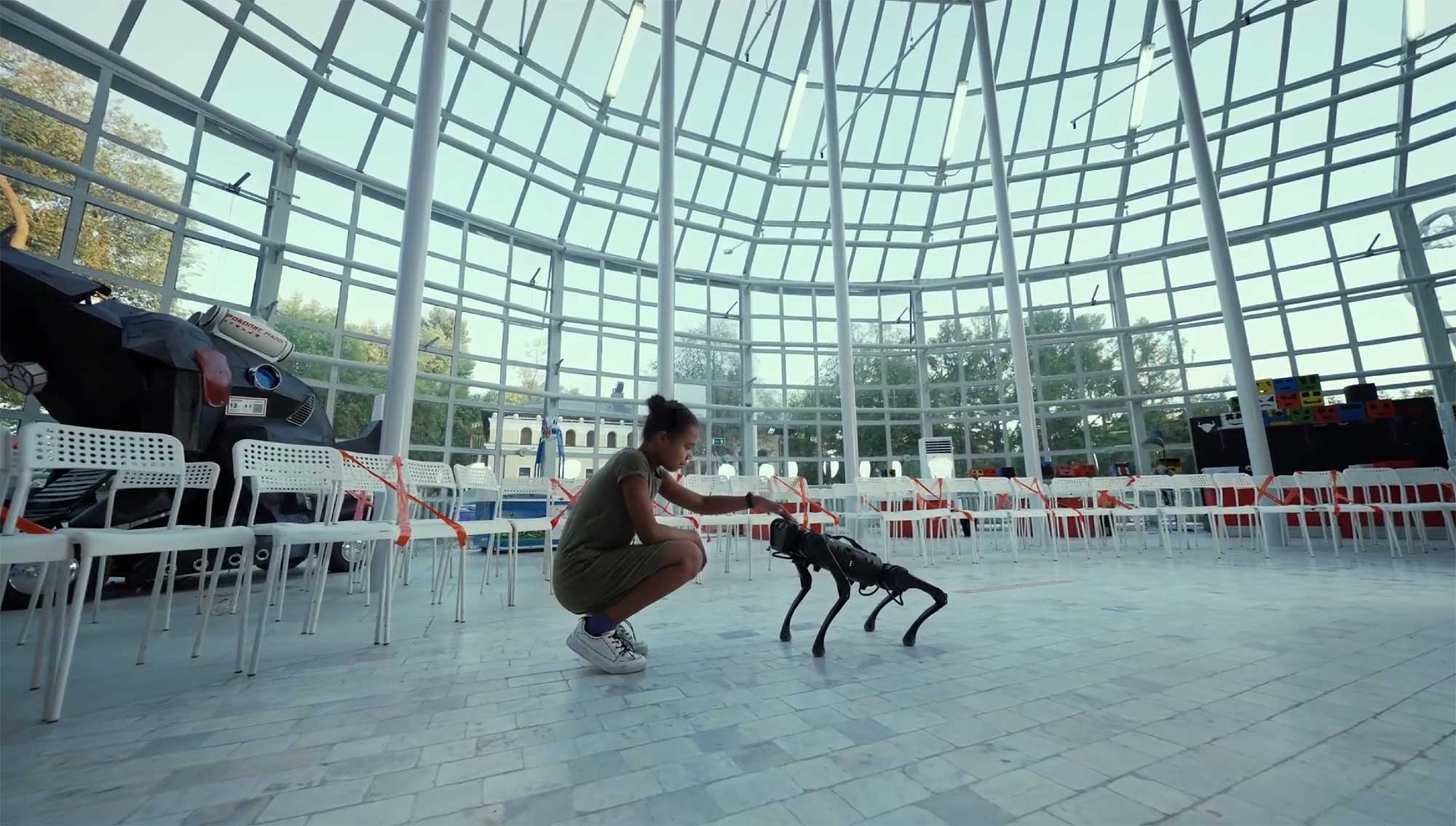Culture
Our take on talent retention and attraction during COVID

I recently participated in a panel discussion with la Fédération des chambres de commerce du Québec (the Québec Trade Board Federation), which included an analysis of different tactics companies can use to attract new, and retain current talent. In this post I’ll recap my thoughts from the discussion.
It’s no big secret that in the technology sector, recruiting and retention have become more challenging than ever as a result of the COVID-19 pandemic (not only in Québec, but across the globe). This has become such a daunting area of operations for tech companies for two main reasons: the current labour shortage and a massive wave of departures faced by employers.
In Québec, we’ve been dealing with a labour shortage as far back as 2015, when there were about 52,205 positions that companies were looking to fill. Fast forward to today, and this number has more or less quadrupled to 221,415 open job posts (Journal de Montréal, October 9, 2021). The main reason this is happening? Ageing employees (the Baby Boomer generation) are leaving the workforce - and during the pandemic, the rate of immigration away from Canada has significantly increased (presentation by Pierre Cléroux, Chief Economist at BDC).
The other issue is the massive wave of departures employers are facing. Many people are taking more time off, opting to retire preemptively, or trying out another type of job. This leaves a gap that makes the labour shortage problem even bigger (Les Affaires/Le Soleil-2021).
So what are some guiding principles that we can lean on to help us through these unprecedented times?
- Flexibility as a core principle. Organisations have to work harder to provide team members with an increased level of flexibility. This can mean different things to different organisations, but it’s key that we pay attention to our team’s specific needs and help them to coordinate work and life around them. We’ve always been fans of cultivating work-life harmony, but in the current environment, it’s more important than ever.
- Shift your perspective on what success looks like. When someone who has been with your company for 5-10 years leaves, it’s normal to expect their departure will be, at best, a disruption, and at worst, a disaster. It will undoubtedly cause some stress, but it will also create an opportunity for other people to take on leadership roles and contribute in new and exciting ways. You want to do what you can to ensure that people remain with your organisation long-term, but it’s unrealistic to think that they’ll remain with your company for their entire career. Celebrate the departures that come after the fulfilment of a productive work relationship, and focus on the positives that staffing changes can bring - like fresh energy, new ideas, and different skill sets.
- Employee engagement doesn’t have to suffer just because some, or all, of the team is working from home. I’m continually amazed by the number of people who challenge me when I say that despite most of our team being fully remote, employee engagement as Osedea hasn’t suffered due to the pandemic. Pre-COVID, I would have been sceptical as well. But today, I understand that, even with remote work, engagement can be optimized when you know what tools to use. The flip side of this is that yes, in person contact can be important but it’s not a blanket solution to your engagement problems. You have to find ways to engage your team despite the context of remote work. You might just have to put in some extra effort, spend some time researching what truly drives engagement, and figure out how to execute those strategies within a mostly-remote environment.
- Prioritize being human-centric. A lot of people say to me: “But Ivana, I have unspecialized workers, so the things you suggest don’t apply.” I agree that in that situation, the way you execute certain strategies might need to be modified. But, specialized or not, your team is human. To build a humane organisation, focus on the human aspect. You can do this by finding out what’s important to your team, rewarding and recognizing them, and listening and adapting.
The current work context is a challenge. But it’s also an opportunity for leaders to become better, and to create better organisations. Need some inspiration? You can read more about some of our initiatives on our blog.
Photo credit: Fédération des chambres de commerce du Québec.

Did this article start to give you some ideas? We’d love to work with you! Get in touch and let’s discover what we can do together.




.jpg)



